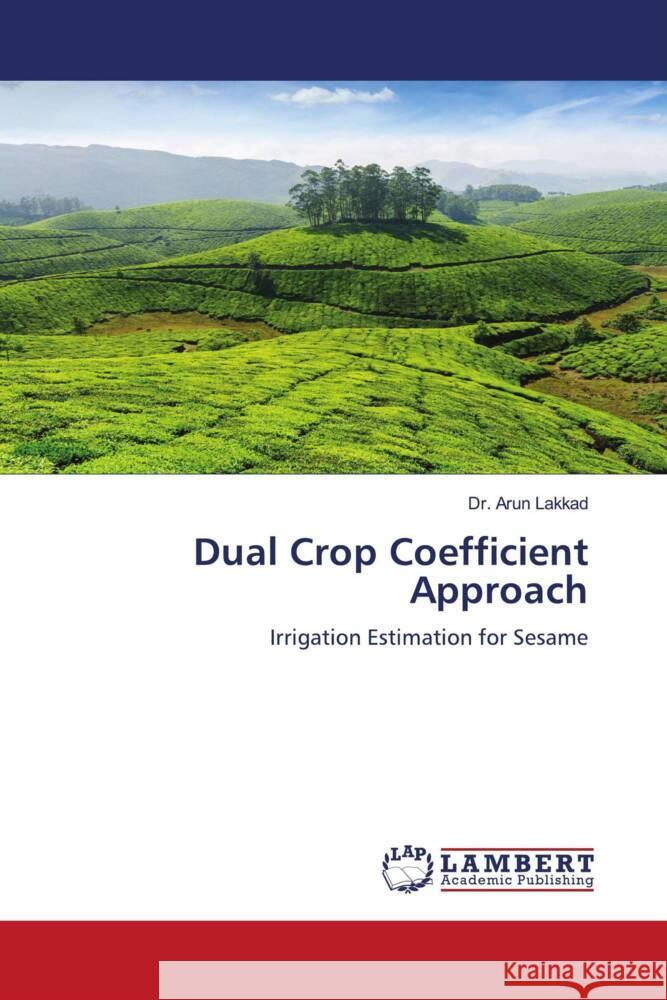Dual Crop Coefficient Approach » książka
Dual Crop Coefficient Approach
ISBN-13: 9786204985961 / Angielski / Miękka / 116 str.
Dual crop coefficient approach was used to estimate the crop water requirement of summer sesame in South Gujarat Agro-climatic Zone of Gujarat, India. Field experiment was conducted with drip and border irrigation systems during summer season of 2018 and 2019. Basal crop coefficient (Kcb) and soil evaporation coefficient (Ke) were estimated separately using FAO-56 method and SIMDualKc model. FAO-56 estimated Kc values for initial-, mid-, development- and late-stages of drip irrigated summer sesame were lower than those for border irrigated crop. Under drip irrigation system, the SIMDualKc model estimated comparatively lower values of Kc only for initial and late stages of crop growth. Crop coefficients derived using SIMDualKc model estimated lower water requirements during initial and end-stage, while FAO method estimated lower water requirements during development and mid-stage. Scheduling of drip irrigation using FAO-56 and SIMDuelKc estimated crop coefficients led to average water saving of 7.6 % and 18.0 % over the border system. The SIMDualKc model-based Kc values are recommended for estimating daily actual crop coefficients and crop water requirements for summer sesame.











